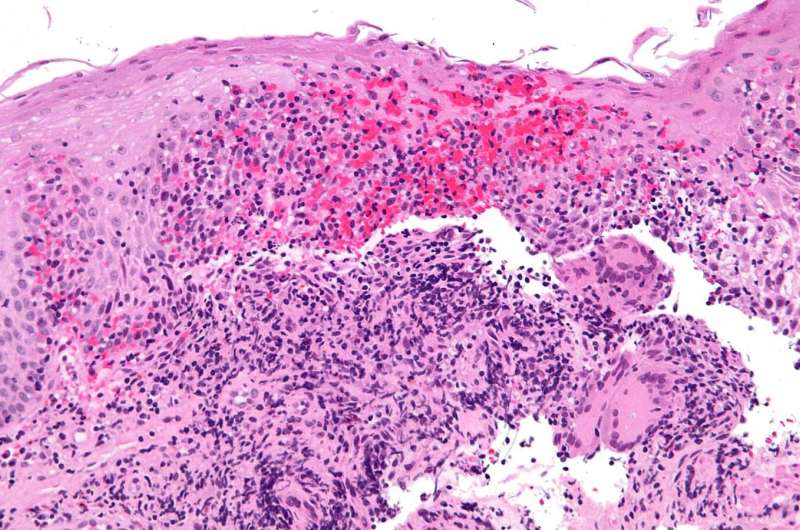Guselkumab Shows Promising Results in Treating Crohn's Disease with Superior Efficacy in Clinical Trials

Clinical trials show guselkumab outperforms existing treatments in promoting intestinal healing and symptom relief in Crohn's disease, offering new hope through targeted IL-23 inhibition.
In a significant breakthrough for Crohn's disease management, recent clinical trial results indicate that guselkumab, an innovative biologic medication, offers superior treatment outcomes compared to existing therapies. Led by researchers at Mount Sinai Health System, the studies revealed that guselkumab outperformed both placebo and ustekinumab in promoting intestinal healing and alleviating symptoms in patients with moderate to severe Crohn's disease.
These findings derive from two pivotal Phase III trials, GALAXI 2 and GALAXI 3, published in The Lancet. The trials involved over 1,000 participants worldwide and compared various dosing regimens of guselkumab against placebo and ustekinumab. Notably, guselkumab, which inhibits the interleukin-23 (IL-23) pathway—a key driver of chronic intestinal inflammation—showed significant improvements in endoscopic response, deep remission, and corticosteroid-sparing effects.
Guselkumab’s unique mechanism targets the IL-23 pathway, and in these studies, it demonstrated superior effectiveness in fostering gut healing, a critical marker associated with reduced disease flares and long-term complications. Importantly, these trials established guselkumab as the first biologic in head-to-head comparison to outperform ustekinumab for Crohn’s disease, providing an alternative for patients who have failed previous treatments.
The studies randomized patients into four groups, including different dosing schedules of guselkumab, ustekinumab, and placebo. Results showcased statistically significant improvements in multiple clinical endpoints, with a favorable safety profile consistent with known data.
Dr. Bruce E. Sands, a leader in inflammatory bowel disease research, highlighted the implications of these findings, emphasizing that guselkumab could reshape treatment paradigms. With the recent FDA approval based on these results, guselkumab presents a new hope for individuals battling this chronic and often debilitating disease.
This advancement underscores the potential of IL-23 inhibition as a targeted therapy in Crohn's disease, especially for patients seeking options beyond traditional biologics or aiming to reduce reliance on corticosteroids.
Source: Medical Xpress
Stay Updated with Mia's Feed
Get the latest health & wellness insights delivered straight to your inbox.
Related Articles
Sudan Battles Its Most Severe Cholera Outbreak in Years with Over 40 Fatalities
Sudan faces its worst cholera outbreak in years, with over 40 fatalities amid ongoing conflict and displacement, highlighting urgent needs for aid and improved sanitation.
Sip Smarter: Short-Term Effects of Apple Juice on Saliva and Oral Health
A groundbreaking study reveals that short-term exposure to apple juice temporarily impacts saliva's protective qualities, but the mouth quickly recovers, emphasizing the importance of proper oral habits for maintaining oral health.
Updated Guidelines Emphasize Asking Diabetic Women About Pregnancy Intentions at Every Healthcare Visit
New guidelines recommend healthcare providers routinely discuss pregnancy intentions with women managing diabetes during every medical visit to improve preconception care and reduce risks.



